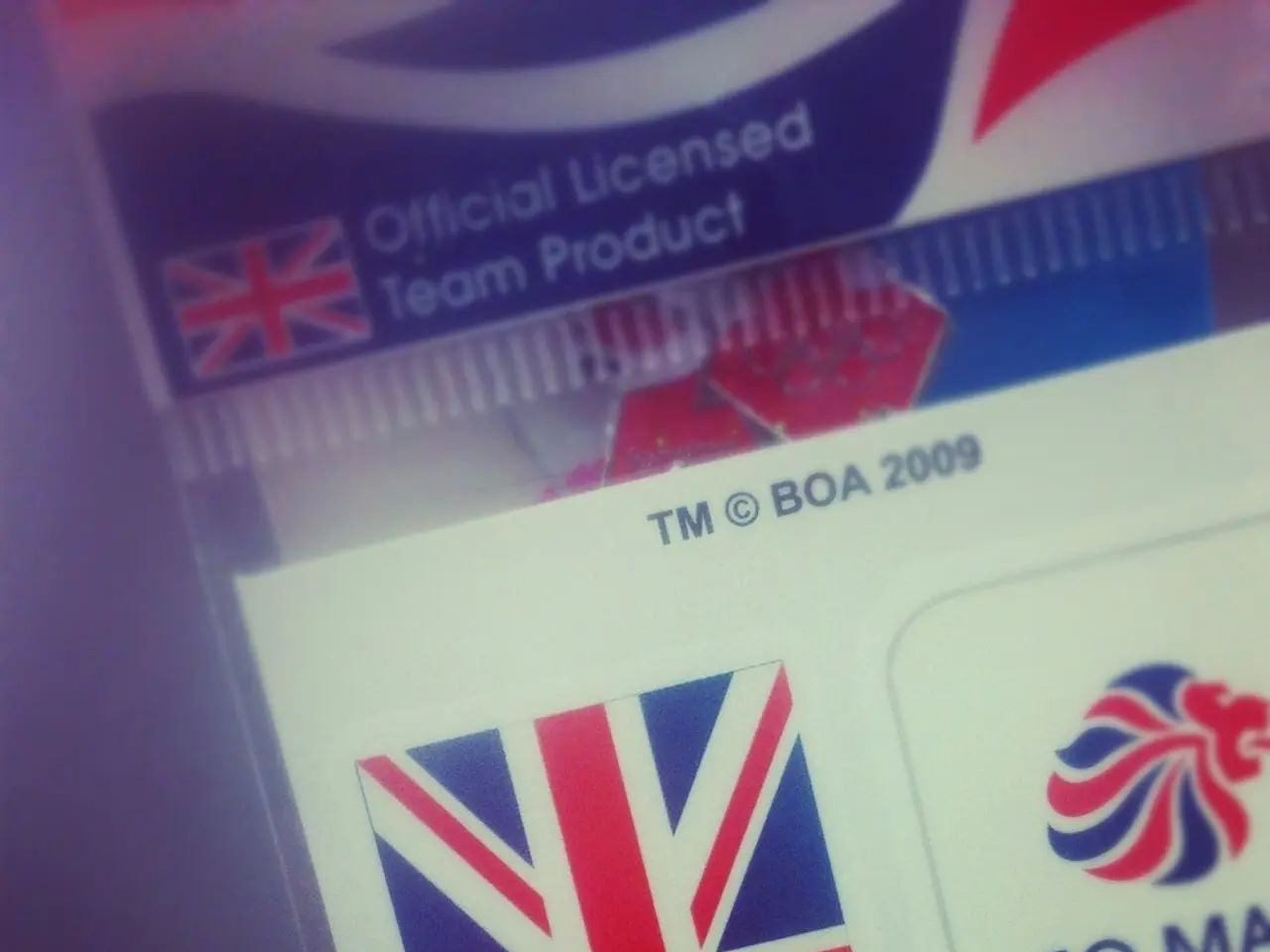iGaming Regulations and User Experience Optimization: Striking the Right Balance in 2025
In the ever-evolving world of iGaming, continuous anti-fraud updates are crucial in identifying emerging trends before they cause harm. This is a critical aspect of the industry, as a staggering 76% of fraud occurs post-KYC (Know Your Customer) verification.
The industry is not immune to the advances made by fraudsters. AI is now allowing them to forge documents, generate deepfakes, construct synthetic identities, and coordinate organized attack networks. This is particularly evident in Brazil, where deepfake fraud rates are ten times higher than in Germany.
Latin America, and Brazil in particular, is experiencing over 30% year-on-year fraud growth, driven largely by the regulatory shift in the region. This trend is a global one, with regulators adding new requirements, raising penalties for non-compliance, taking more enforcement actions, and demanding more sophisticated verification measures, including biometrics and liveness checks.
The global online gambling market is projected to reach USD 153.57 billion by 2030, making it an attractive target for fraudsters. Among the biggest fraud threats in iGaming are identity fraud, money laundering, and bonus abuse.
Tighter regulations are leading the way, with regulators expecting more from operators. Businesses that fail to adapt to these demanding standards risk fraud-related losses and compliance penalties. Successful iGaming operators, however, are investing in compliance automation, intelligent technologies, and smooth processes to safeguard their platforms while keeping users engaged.
Dynamic risk assessment is a best practice in iGaming, where platforms constantly adjust verification based on behavior and new insights to stay ahead of evolving risks. Reusable digital identities are being used to reduce friction and cut onboarding times, but they also pose new challenges in terms of identity verification and fraud prevention.
Operators need to stay conscious of responsible gambling and advertising standards in every jurisdiction where they operate. The 'State of Identity Verification in the iGaming Industry 2025' report provides exclusive industry insights and analysis, including key regulatory trends, practical verification recommendations, essential steps to safeguard iGaming businesses, and the stage when most fraud occurs in iGaming.
In Germany, leading iGaming companies like Stillfront Germany, InnoGames, Bigpoint, and Gamigo are setting the bar high. Based mostly in Hamburg, these companies deploy advanced verification and fraud prevention solutions that combine AI-driven identity verification, behavioral analytics, and compliance automation to ensure secure, regulated, and user-friendly gaming environments.
The fraud rate in iGaming has doubled since 2023, with nearly a third of operators estimating fraud costs them 10-20% of their annual revenue. Among the most pressing fraud trends are money mules laundering funds through gambling accounts, deepfake and synthetic identity fraud, deposit and onboarding attacks, and organized attack networks.
Global fines in the gambling industry totaled $184.4 million in 2024 alone. Operators must be vigilant and proactive in their fraud prevention strategies to avoid such penalties and ensure the longevity of their businesses in this rapidly growing market.
Read also:
- Peptide YY (PYY): Exploring its Role in Appetite Suppression, Intestinal Health, and Cognitive Links
- Toddler Health: Rotavirus Signs, Origins, and Potential Complications
- Digestive issues and heart discomfort: Root causes and associated health conditions
- House Infernos: Deadly Hazards Surpassing the Flames








